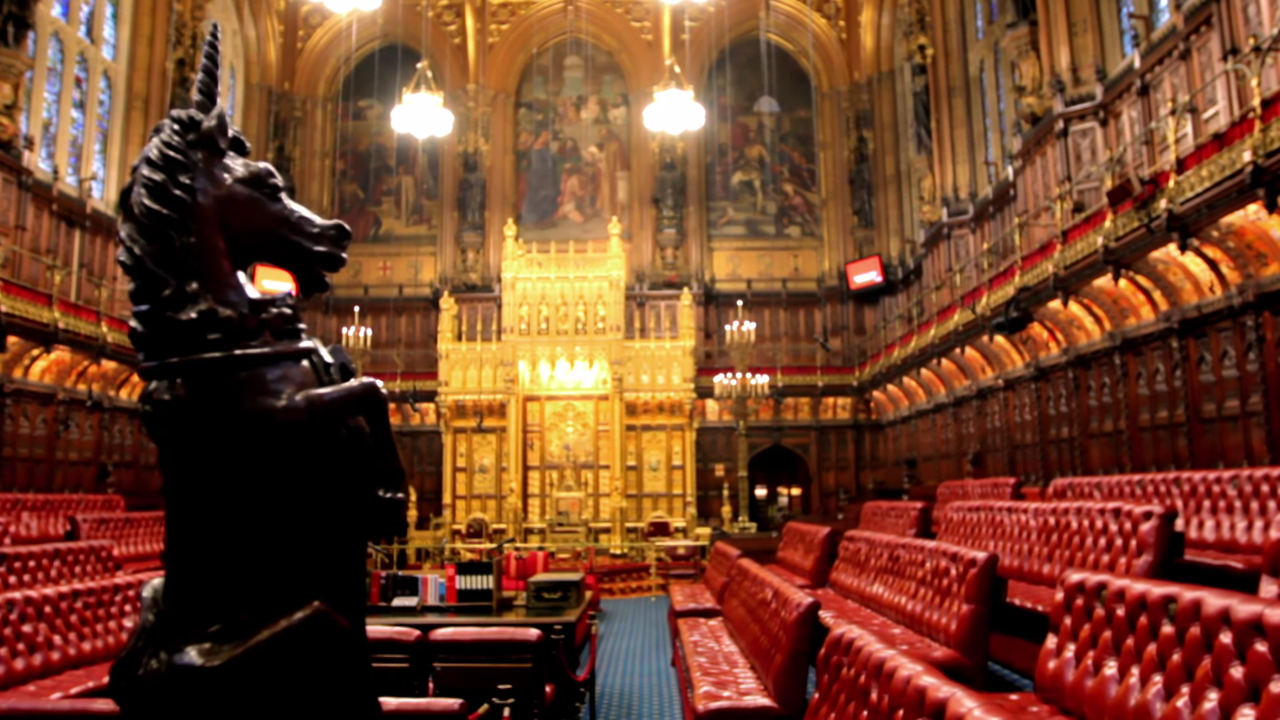LONDON (Parliament Politics Magazine) – After it was passed just in time to meet the deadline by the MPs and peers, the government’s plan of allowing asylum cases to be processed abroad will become law.
Later on Thursday, the Parliament will be suspended and legislation must be passed or thrown out by then.
The Nationality and Borders Bill was passed on Wednesday night, putting an end to months of debate between the Commons and the Lords about the bill’s potential impact on refugees.
Changes to the legal system and elections were also approved, despite opposition.
When Parliament reconvenes on May 10 for the Queen’s Speech, it will be prorogued, or halted, so that the administration can spell out its plans for the next year or so.
Bills, which must be approved in detail by both the Commons and the Lords, must be discarded or passed by the end of Thursday’s sessions, with the exception of a few that will be “carried over” to the next legislative session.
Offshoring asylum – handling applications at abroad facilities – and making it a criminal offence to deliberately enter the UK illegally were also controversial clauses of the Nationality and Borders Bill.
The Lords have frequently changed the legislation and sent it back to the Commons, where the changes have been reversed by MPs, the majority of whom are Conservatives.
This back-and-forth, known as legislative “ping-pong,” came to an end on Wednesday when the Lords endorsed the bill after a tense discussion.
Some of their peers screamed “shame” at them.
The bill “appalled” and “disgusted” Liberal Democrat Lord Paddick, while the Commons was accused by the Labour’s former shadow attorney general Baroness Chakrabarti of giving the Lords “two fingers.”
However, Baroness Williams of Trafford, the Home Office minister, insisted the bill was compliant with international refugee law.
The new law rips up globally recognised rights for those fleeing conflict and persecution, and would criminalise thousands of refugees, they stated in a statement.
For a different scheme of relocating some asylum seekers to Rwanda, the government has faced criticism.
It has, however, stated that a “strong but equitable” asylum system is required to combat people-smuggling gangs and to prevent mortality among those making perilous cross-Channel crossings in small boats.
Bills on justice and elections
Peers also backed down from their dispute with the Commons on the Elections Bill.
This includes the adoption of voter photo ID, which some believe would result in a large number of individuals being turned away from polling locations.
Other proposals include parliamentary control of the Electoral Commission, which oversees and operates the voting system, as well as the removal of the 15-year limit on British nationals living abroad voting.
The government had just got it wrong on demanding voter ID, according to Labour’s Baroness Hayman, and was subverting the Electoral Commission’s independence.
One of the many negative effects of this law was that it made it considerably simpler, and without restrictions, for citizens residing overseas to vote, but made it more had for domestic citizens to vote, which was extremely weird, and not entirely democratic, said Liberal Democrat Lord Wallace of Saltaire.
However, Lord True, a Cabinet Office minister, said the government had no static stance on which kinds of identification might be used to get entry to voting places.






